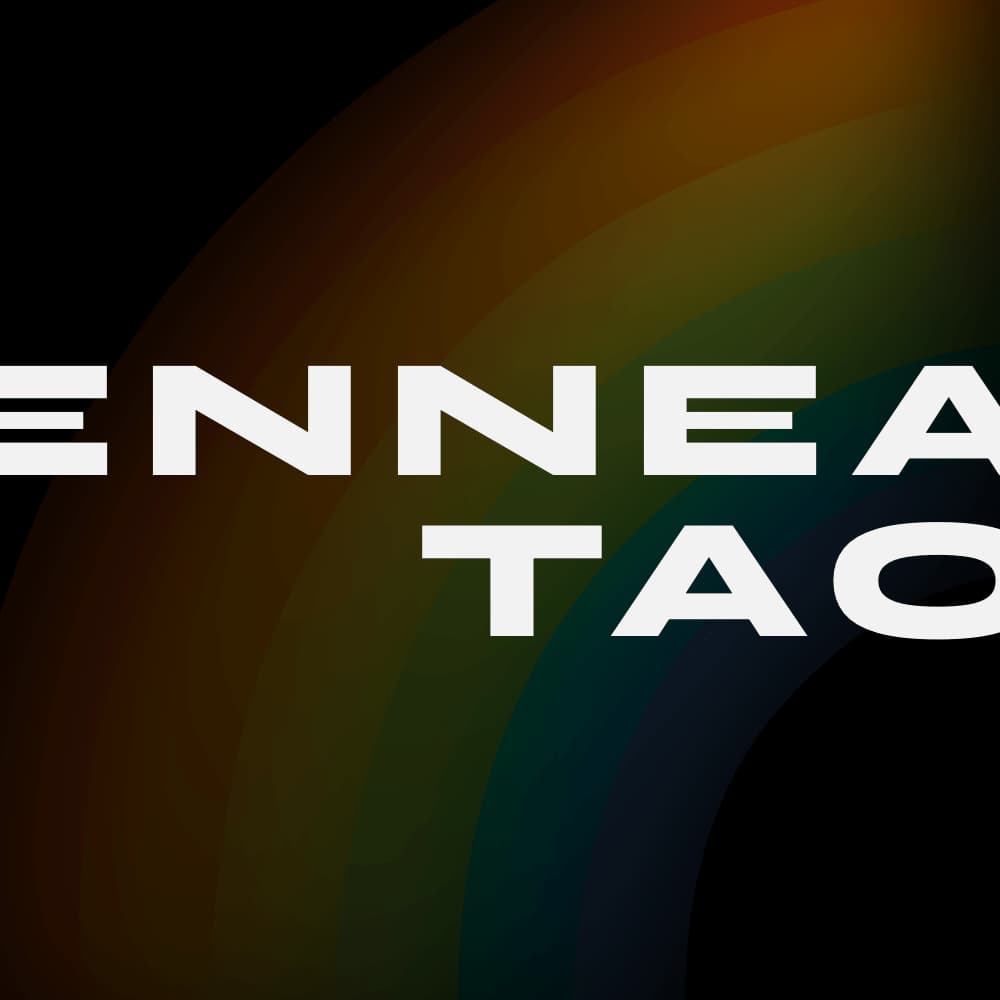Our team
Sorry, we lied to you



We "pretended" to be a team, but in reality,
EnneaTao's planning and development was done by just one person from start to finish.
Driven by the desire for security and the yearning for goodness in this era of resonance, I present this product before you all.
Independent Developer
Chengren JU
Hello, this is Cheng. A Type5-Arrow8, INTP-A, ADD, avoidant attachment type.
Actually, I don't like these labels, because when people or things are categorized and labeled, people tend to have a strong psychological need to subconsciously confirm this assumption, evolving into a "self-fulfilling prophecy," which is a problem that most people are unaware of.
Yet I also like these labels, as they can to some extent summarize certain characteristics of mine, because most of the time I don't want to or don't know how to introduce myself to others: when people communicate and express ideas, misunderstandings often arise due to factors such as cultural background, personal experiences, emotional states, and preconceived assumptions.
But I believe that in some corner of this world, there's always a group of people who share our values, can experience the same emotions, and are "unique" like ourselves.
So this text is written for those who might care about me, who might be interested in the story behind EnneaTao.
In the first three years of my self-taught programming journey, becoming a senior software engineer, a hacker, using unparalleled technology to make the world a better place seemed to be my goal. In pursuit of "skills," as I went further and broader on this intertwined path of life and development, I gradually realized my ignorance, and in the field I thought I was most proficient in.
Even though my friends and partners highly recognized my technical skills and abilities at that time, I would often feel lost and anxious. For a long time, after seeing others create interesting things using technologies I didn't understand, my defense mechanism would try to eliminate the core fear by fabricating a sense of intellectual superiority like "it's not a big deal, I could definitely do better than them after learning it": feeling that I don't have the ability to do things as well as others.
I once used the high individual differences in human brains and genetic characteristics to explain this issue, believing that everyone has their own unique talents and areas of expertise, and that I shouldn't feel frustrated about it. But obviously, it couldn't truly convince me. It wasn't until I learned about the Enneagram theory that I suddenly discovered the culprit behind it was the strong emotion of my basic personality type: greed.
In fact, Type Five is the personality type least concerned with materialism and the pursuit of material enjoyment. However, they are very greedy when it comes to possessing time, energy, and resources, never satisfied with knowledge and ways to improve professional skills. Behind the "greed" is the basic fear of being useless, incompetent, or lacking competitiveness, the messages that immature parents consciously or unconsciously convey to their children: that a comfortable life is not good, that being too fragile or trusting others is not good. These psychological defense mechanisms and compensatory effects developed in response to childhood wounds have unconsciously cultivated a set of personal strategies, shaped self-image and behavioral patterns (personality), and limited our true nature.
Driven by the self-awareness formed with the help of the Enneagram theory, as time passed, I became aware of more and more reasons within myself. For example, I began to understand what exactly I feel happy, angry, sad, or joyful about, and why I dislike feeling vulnerable, why I so strongly pursue independence, why I "enjoy solitude" and why I resist intimate relationships, and so on. As my self-awareness quantitatively changed, I found that the shackles of personality simultaneously became looser and more transparent, to put it somewhat mystically: the radiance of true nature was about to emerge.
Coincidentally, this whole process happened just before and after I wanted to seriously work on a startup project. One day while researching the project, it suddenly occurred to me, why not develop a mental health healing product with the Enneagram theory at its core. This not only provided a market foundation but also hit all my sweet spots: psychology, self-awareness (personal growth), and the humanistic care I pursue.


 Connect
Connect